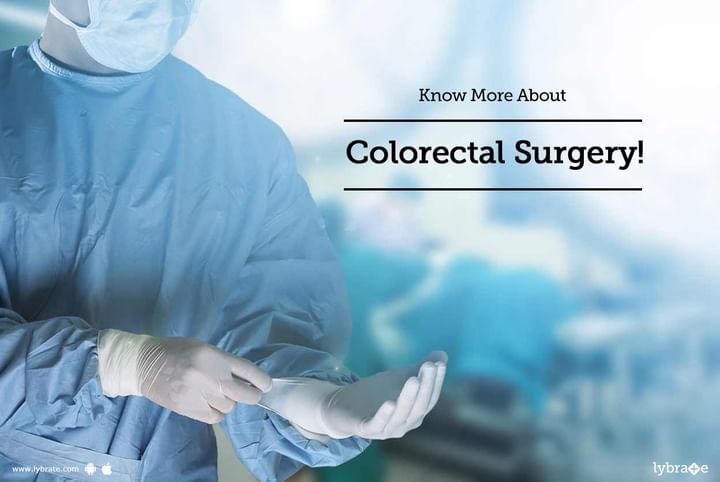Know More About Colorectal Surgery!
Colorectal surgery deals with the disorders of the rectum, anus and colon. Another name of colon is ‘large intestine’. These three body parts form the last stages of the digestive process. When the human waste passes through the colon, its salt and water are extracted before it exits the body as human excreta.
Colorectal disorders
- Swelling and inflammation of the veins in the anus (also called as Haemorrhoids)
- Anal fissures- unnatural cracks and fissures in the anal area
- Fistulas or the unnatural connections between the anus and other anorectal areas
- Conditions of constipation
- Incontinence in passing of faeces
- When the walls of the rectum protrude through the anus- also called as Rectal prolapse
- Birth defects such as imperforate anus
- Anal cancer- this condition is rare
- Colorectal cancer- cancer of colon and rectum
- Any injuries to the anus
- Removal of any objects inserted into the anus
Bowel habits after colorectal surgery
Many patients report cases of diarrhoea, leakage of stool or gas, urgency to use the toilet and a feeling of insufficient evacuation of faeces. Relax; these conditions are not going to last forever. Your rectum and anus are adjusting to new conditions after this surgery. These organs may take six to twelve months to adjust to new bowel habits.
Is there a need to take a laxative or stool softener?
There is no need to take laxatives after a colorectal surgery. Drink lots of water to make your stool softer and easy to pass. If there is a water deficiency in your body, then it may lead to your faeces becoming hard. In that case, take milk of magnesium, colace etc.
Activities post surgery
You can continue with your normal schedule after this surgical procedure. Carry on running, jogging, exercising, climbing up the stairs etc. even after your surgery. Gastroenterologists recommend that patients should desist from lifting loads weighing more than 10 pounds so that there are no post surgery complications.
Diet after colorectal surgery
Avoid spicy and heavy to digest meals after your surgery. Once the intestines begin working normally, you can continue having your spicy food. Chew your food well to aid its digestion.
Returning to work after colorectal surgery
Most people are back to their work after taking a break of 2-5 days. If the surgery is pretty detailed, you may have to take a break of up to a month. Patients undergoing laparoscopic surgery may have to take a rest of 2- 4 weeks before they report back to work. Take it easy before slipping into your regular schedule. If you wish to discuss about any specific problem, you can consult a General Surgeon.



+1.svg)
